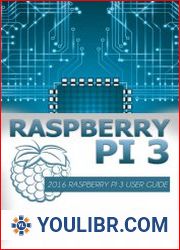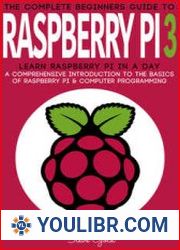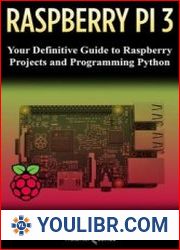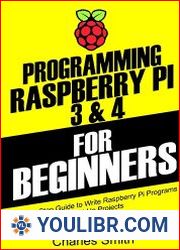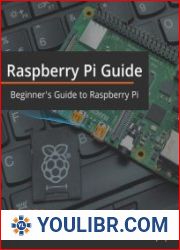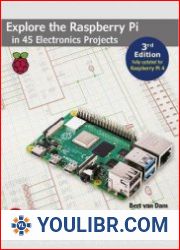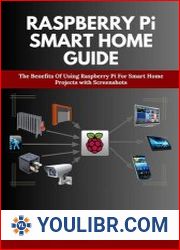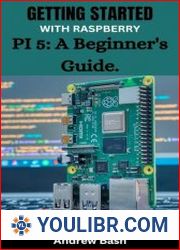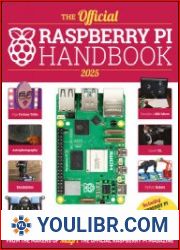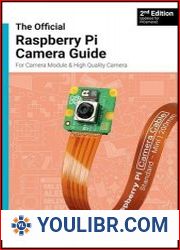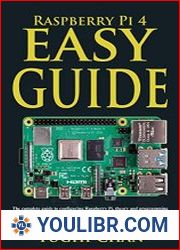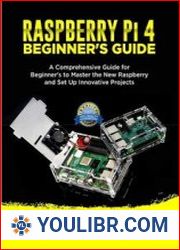
BOOKS - Raspberry Pi 5 for Radio Amateurs Program and Build Raspberry Pi 5 Based Ham ...


US $8.94

998083

998083
Raspberry Pi 5 for Radio Amateurs Program and Build Raspberry Pi 5 Based Ham Station Utilities with the RTL-SDR
Author: Dogan Ibrahim, Ahmet Ibrahim
Year: 2024
Number of pages: 304
Format: PDF
File size: 52.2 MB
Language: ENG
Year: 2024
Number of pages: 304
Format: PDF
File size: 52.2 MB
Language: ENG
The RTL-SDR devices (V3 and V4) have gained popularity among radio amateurs because of their very low cost and rich features. A basic system may consist of a USB based RTL-SDR device (dongle) with a suitable antenna, a Raspberry Pi 5 computer, a USB based external audio inputoutput adapter, and software installed on the Raspberry Pi 5 computer. With such a modest setup, it is possible to receive signals from around 24 MHz to over 1.7 GHz. This book is aimed at amateur radio enthusiasts and electronic engineering students, as well as at anyone interested in learning to use the Raspberry Pi 5 to build electronic projects. The book is suitable for both beginners through experienced readers. Some knowledge of the Python programming language is required to understand and eventually modify the projects given in the book. A block diagram, a circuit diagram, and a complete Python program listing is given for each project, alongside a comprehensive description. The following popular RTL-SDR programs are discussed in detail, aided by step-by-step installation guides for practical use on a Raspberry Pi 5: > SimpleFM > GQRX > SDR++ > CubicSDR > RTL-SDR Server > Dump1090 > FLDIGI > Quick > RTL_433 > aldo > xcwcp > GPredict > TWCLOCK > CQRLOG > klog > Morse2Ascii > PyQSO > Welle.io > Ham Clock > CHIRP > xastir > qsstv > flrig > XyGrib > FreeDV > Qtel (EchoLink) > XDX (DX-Cluster) > WSJT-X The application of the Python programming language on the latest Raspberry Pi 5 platform precludes the use of the programs in the book from working on older versions of Raspberry Pi computers.







